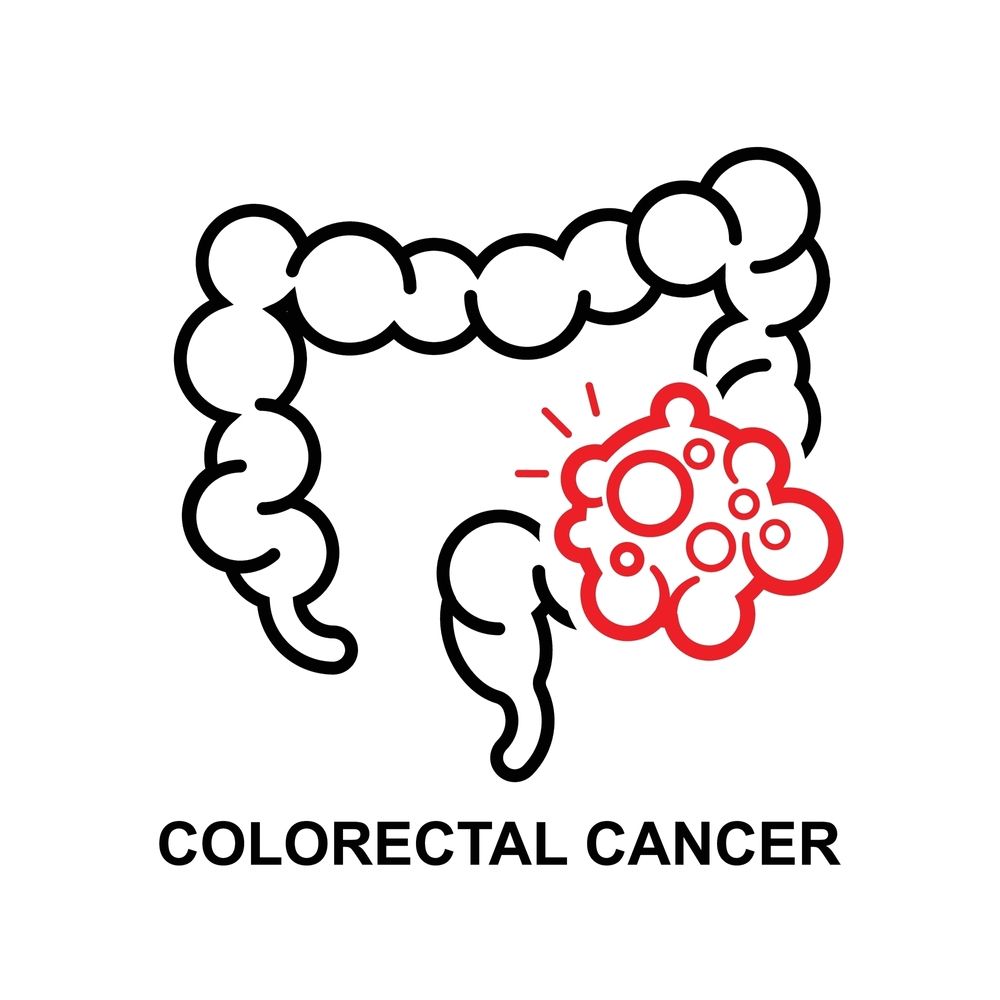What Causes It?
Age - Risk increases significantly after age 50, with most cases diagnosed in people over 65, though incidence in younger adults is rising.
Personal history of polyps - Having adenomatous polyps, especially large ones or multiple polyps, increases risk of developing colorectal cancer.
Inflammatory bowel disease - Chronic inflammatory conditions such as Crohn's disease or ulcerative colitis increase risk, particularly with longer duration and greater extent of colon involvement.
Inherited syndromes - Genetic conditions such as familial adenomatous polyposis (FAP) and Lynch syndrome (hereditary non-polyposis colorectal cancer) significantly increase lifetime risk.
Family history - Having a first-degree relative (parent, sibling, child) with colorectal cancer increases risk, especially if they were diagnosed before age 60.
Lifestyle factors - Sedentary lifestyle, low-fiber and high-fat diet, obesity, smoking, and moderate to heavy alcohol consumption all contribute to increased risk.
Diabetes - People with type 2 diabetes have an increased risk of colorectal cancer and a less favorable prognosis after diagnosis.
Radiation therapy - Previous radiation therapy directed at the abdomen to treat previous cancers increases the risk of colorectal cancer.
Race and ethnicity - African Americans have the highest colorectal cancer incidence and mortality rates of all racial groups in the US.
Microbiome imbalance - Emerging research suggests that imbalances in gut bacteria may contribute to colorectal cancer development.
Signs & Symptoms
Change in bowel habits - Persistent diarrhea, constipation, or narrowing of the stool that lasts for more than a few days
Rectal bleeding - Bright red blood in stool or dark, tarry stools
Persistent abdominal discomfort - Cramps, gas, pain, or feeling that the bowel doesn't empty completely
Weakness or fatigue - Can be caused by bleeding from the cancer leading to anemia
Unexplained weight loss - Losing weight without trying
Feeling that bowel doesn't empty completely - Sensation after bowel movements
Iron deficiency anemia - Due to chronic blood loss from the tumor
Pelvic pain - Particularly in rectal cancer
Change in stool caliber - "Pencil-thin" stools
Nausea or vomiting - When cancer causes a bowel obstruction
Many people with early colorectal cancer have no symptoms, which is why screening is crucial
